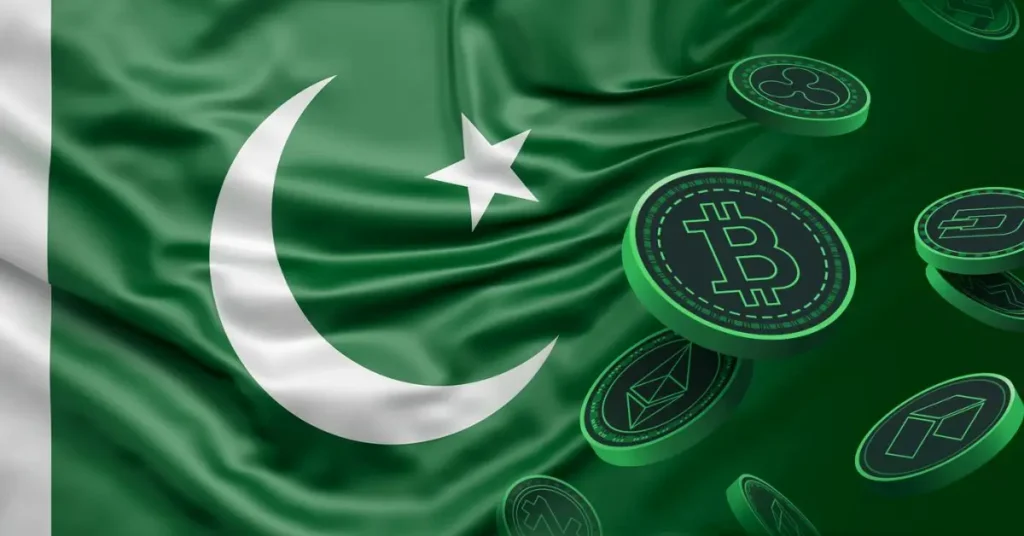Bringing Structure to a Growing Market
Pakistan is setting up a new agency to regulate digital assets, including cryptocurrencies. The Pakistan Digital Assets Authority (PDAA) will oversee this fast-moving industry, aiming to bring order to what has mostly been an informal and unregulated market.
Until now, Pakistan’s crypto space has grown without clear rules, despite being worth billions. With the PDAA, the government wants to create a stable environment where digital transactions can take place safely. This move is expected to help investors, both local and international, gain more confidence in the country’s digital asset market.
The PDAA will manage licensing and ensure that exchanges, digital wallets, stablecoins, and other blockchain-based services follow the law. By doing so, it will also help Pakistan align with global financial standards and practices.

Image 1: Digital asset in Pakistan (Source: Daily Ausaf)
New Ways to Use National Resources
One of the PDAA’s key tasks will be helping the government make better use of Pakistan’s unused electricity. In regions where the power supply is greater than demand, this surplus could be used for Bitcoin mining. By turning this extra energy into something profitable, the country hopes to generate new income streams.
The authority will also lead efforts to digitise national assets—a process known as tokenisation. This means turning real-world assets like land, infrastructure, or government debt into digital tokens that can be traded or used in the financial system. It offers a modern way to raise money and open new channels for investment.
Pakistan also hopes to support young entrepreneurs and tech startups with this new structure. By providing clear rules and a legal path to build blockchain solutions, the PDAA may encourage innovation and job creation in the tech space.
Changing Views on Crypto
The creation of the PDAA marks a major change in how the government views cryptocurrencies. Just two years ago, officials were firmly against legalising digital assets, worried they could be used to avoid international financial controls.
However, public interest in crypto has continued to grow. In 2024, Pakistan was ranked among the top countries for crypto adoption, with a large number of everyday users. Reports show that over 27 million Pakistanis may be using crypto by 2025, showing strong demand despite past uncertainty.
Revenue from the country’s crypto market is expected to reach $1.6 billion this year. While this figure is still far behind that of the United States, which is projected to hit more than $9 billion, it shows that Pakistan is quickly catching up in this space.

Image 2: Bitcoin (Source: The Truth International)
A Step Towards the Future
Pakistan is now joining a group of forward-thinking nations that are creating legal frameworks for digital finance. Countries like Singapore, the UAE, and Japan have already taken similar steps, setting up agencies to support safe and innovative use of blockchain technology.
By launching the PDAA, Pakistan is making it clear that it wants to be part of the global digital economy. The government aims to offer legal protection to users, encourage responsible innovation, and attract investors looking for stable, well-regulated environments.
This effort is about more than just cryptocurrency. It reflects a wider plan to modernise Pakistan’s financial system and create new economic opportunities. With millions of users, growing interest from developers, and now a regulatory body to guide it, the country is preparing to enter a new phase in digital finance.
As the world moves further into digital transactions, Pakistan is positioning itself to not only adapt—but to benefit. The PDAA could be the foundation for a stronger and more connected financial future.

